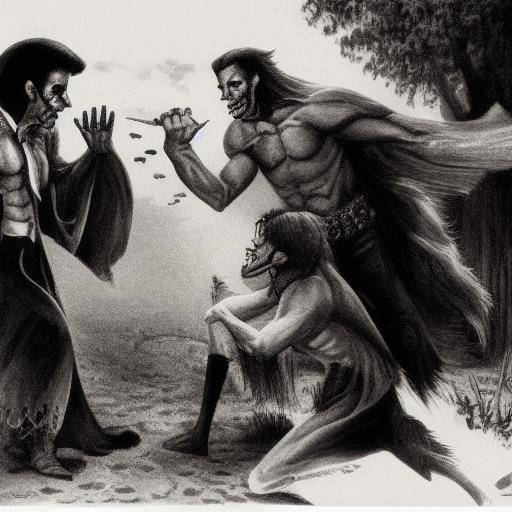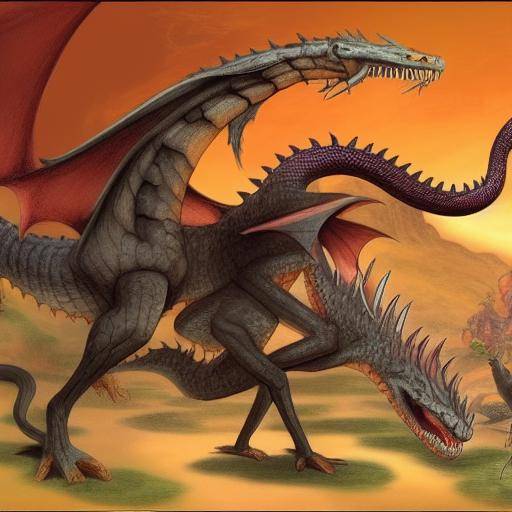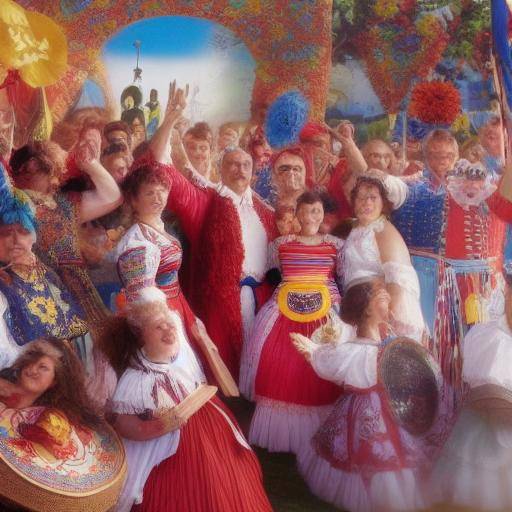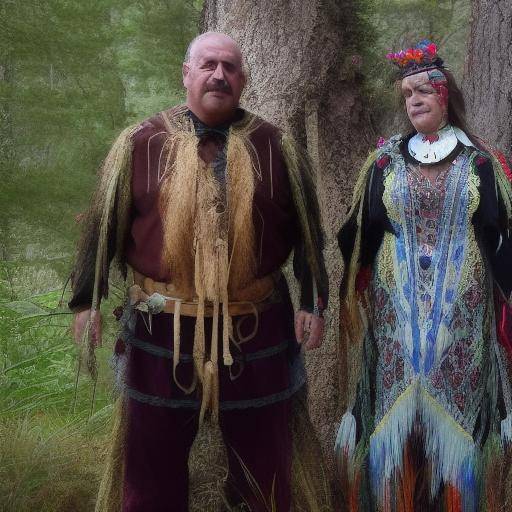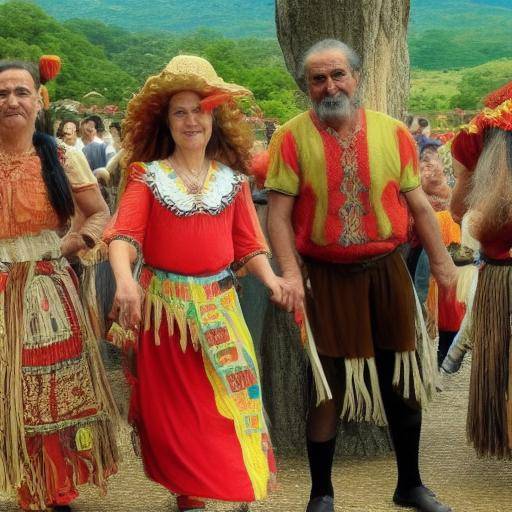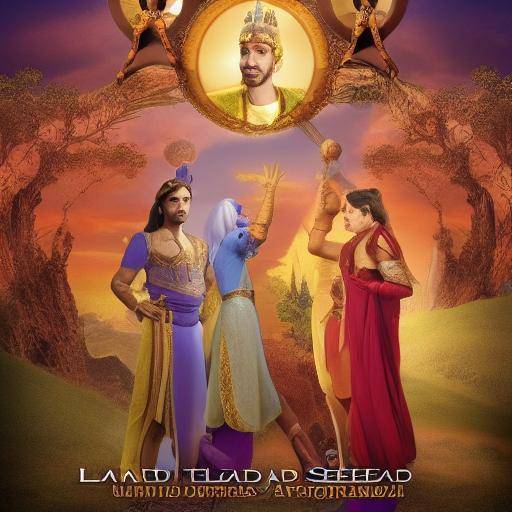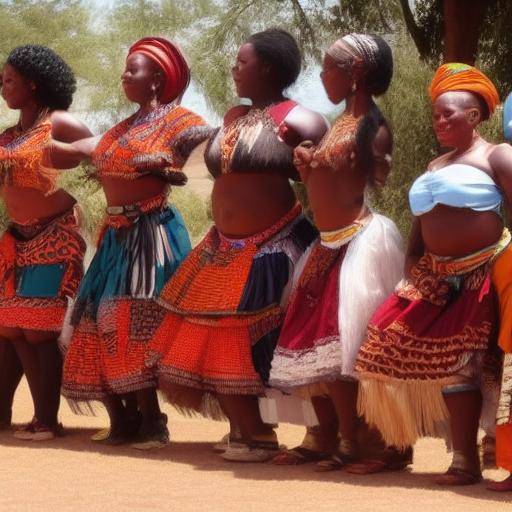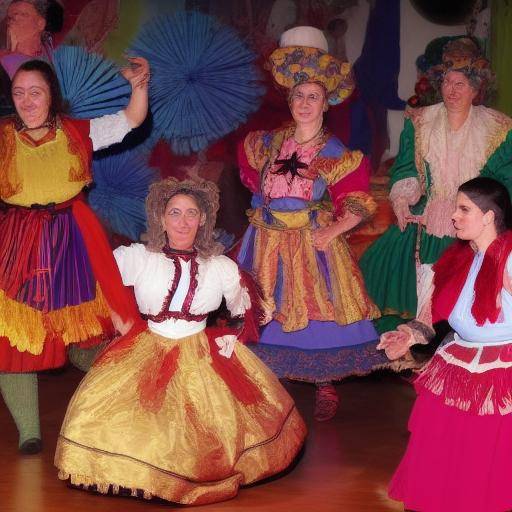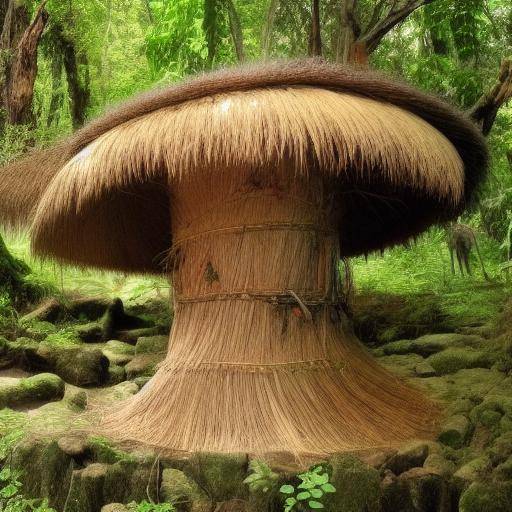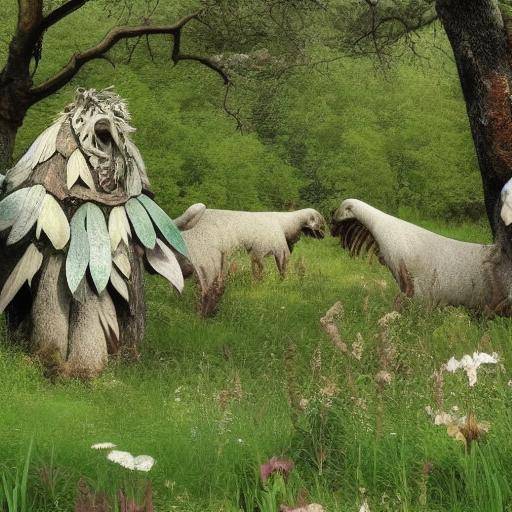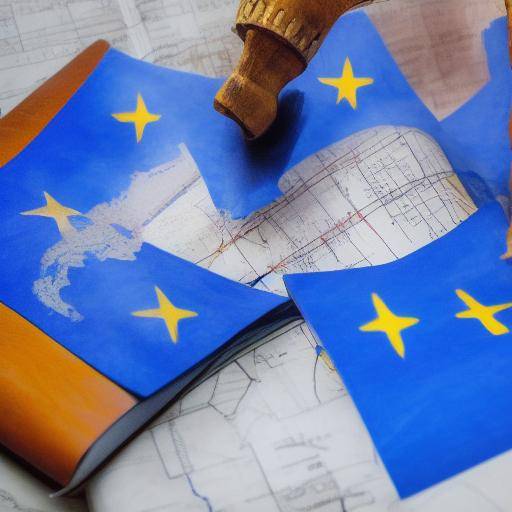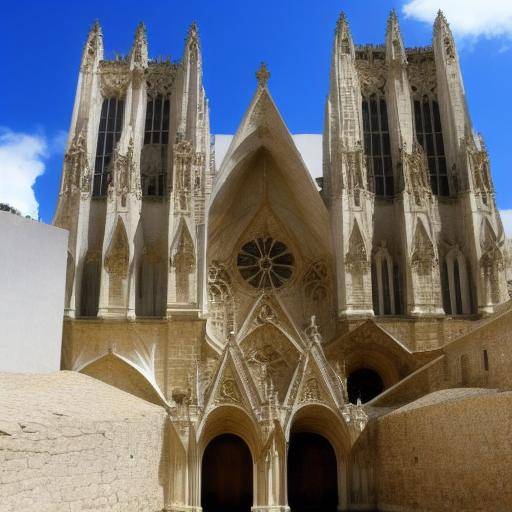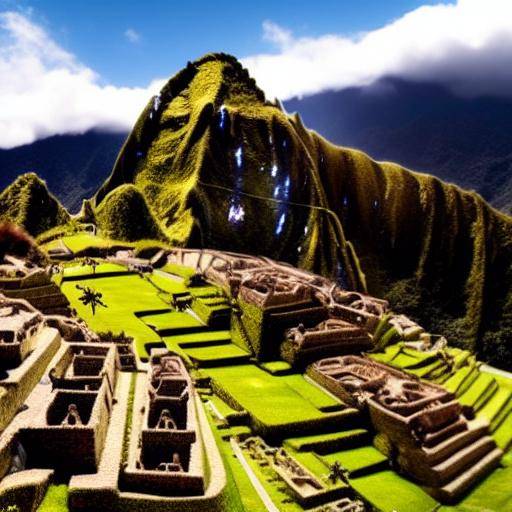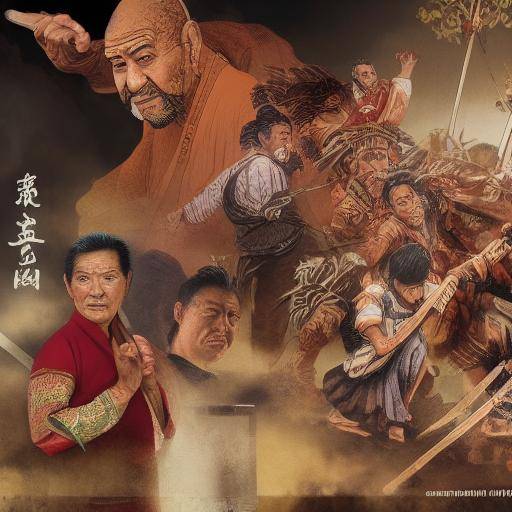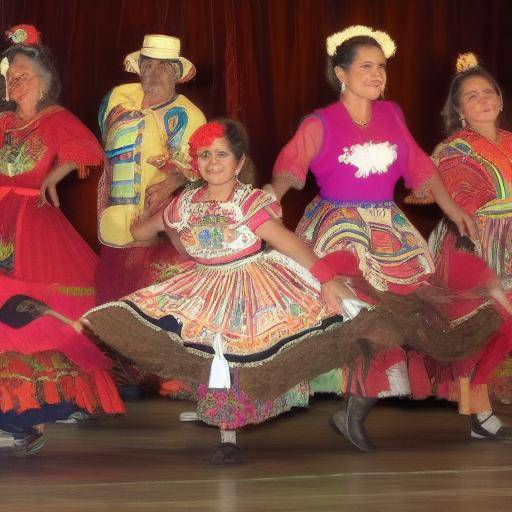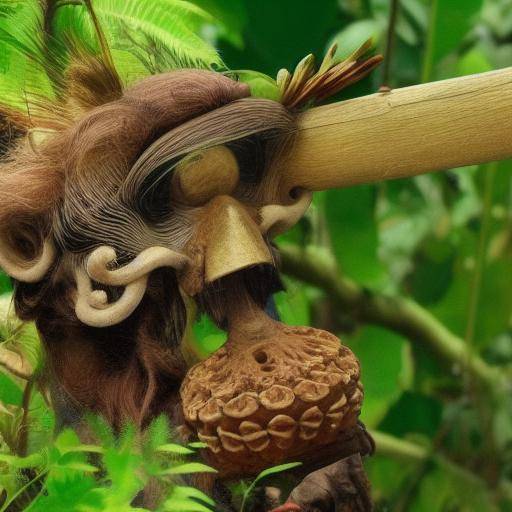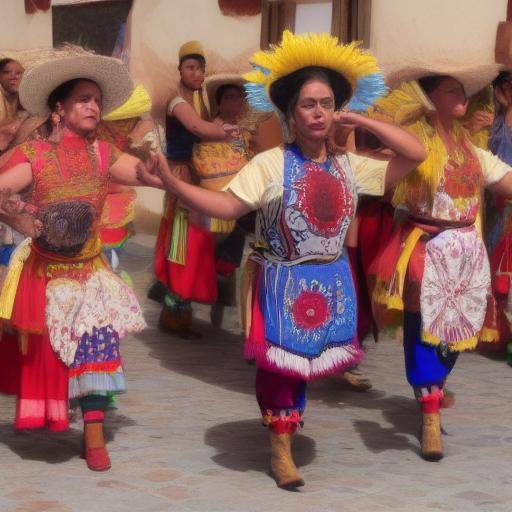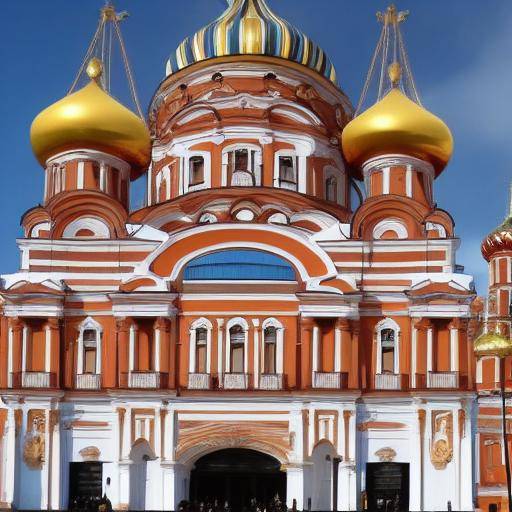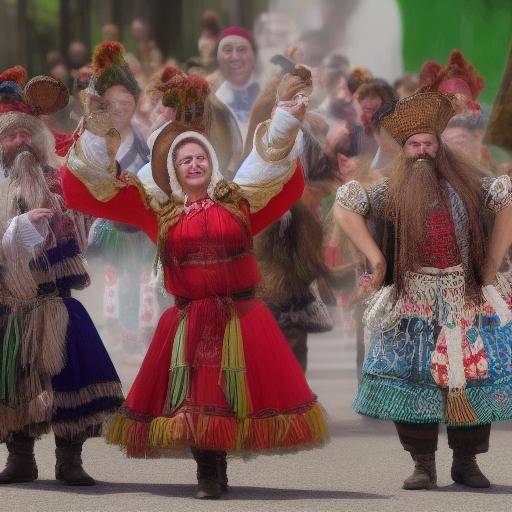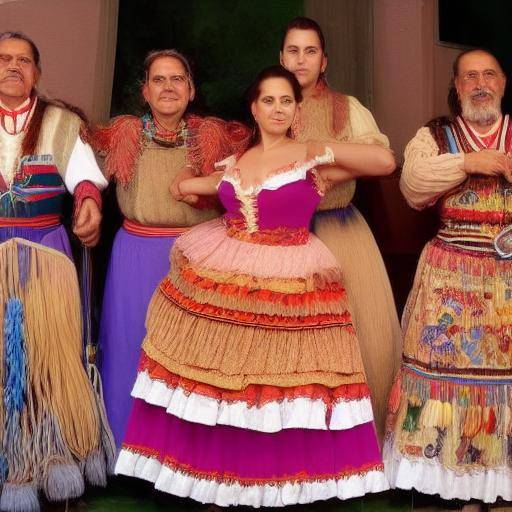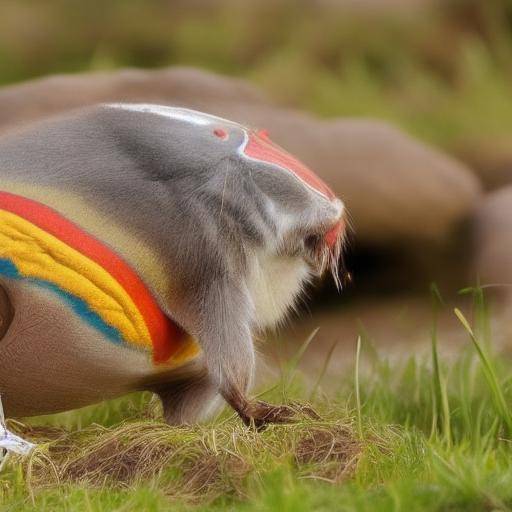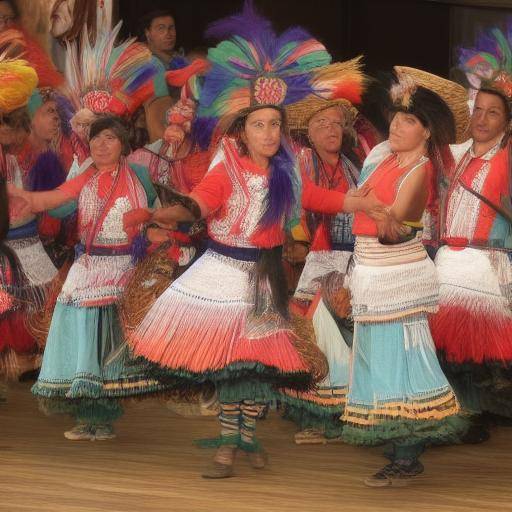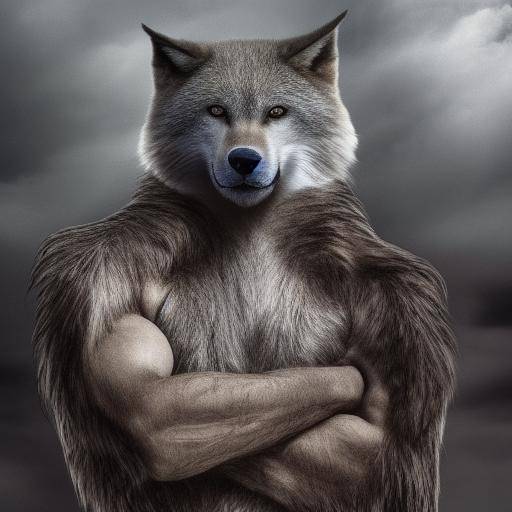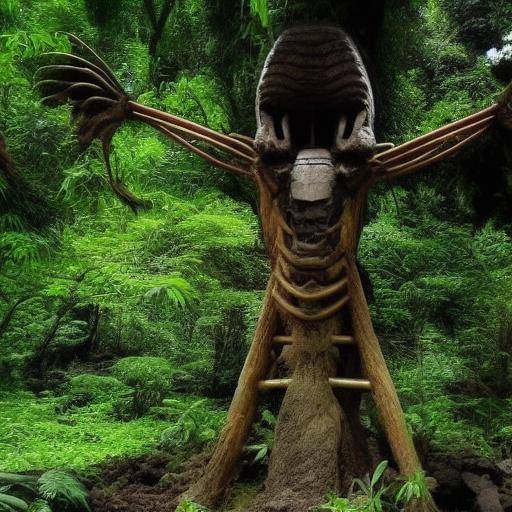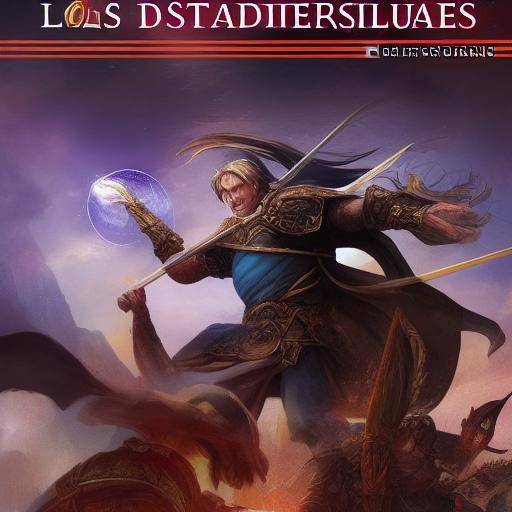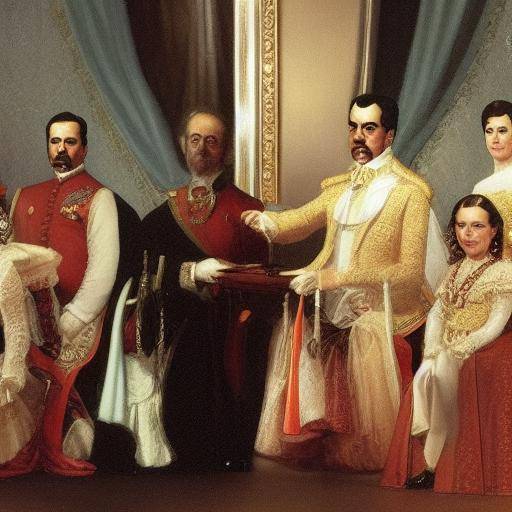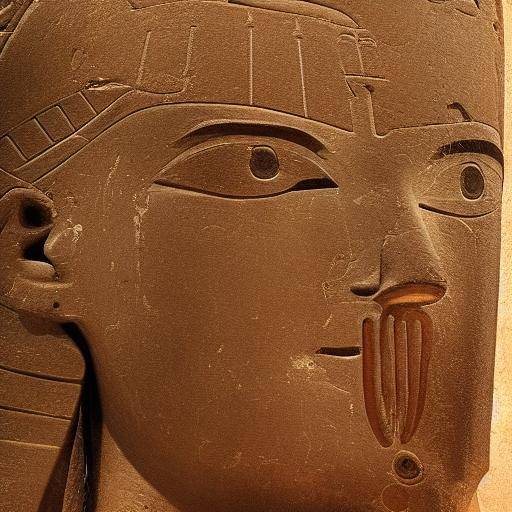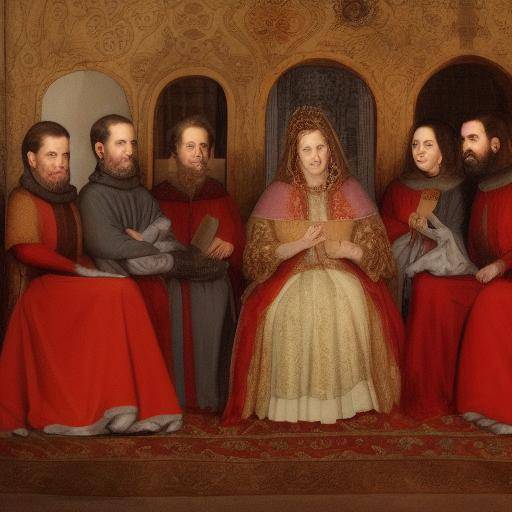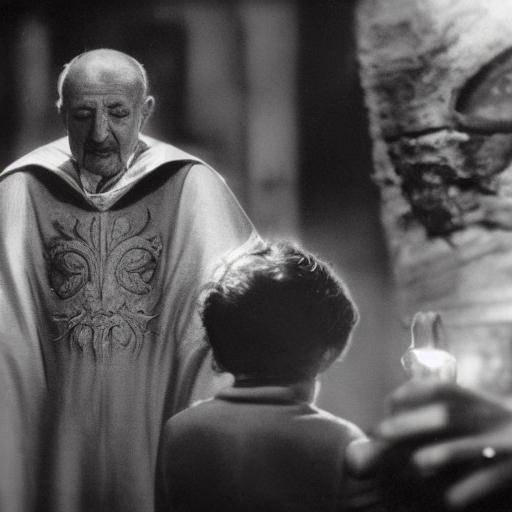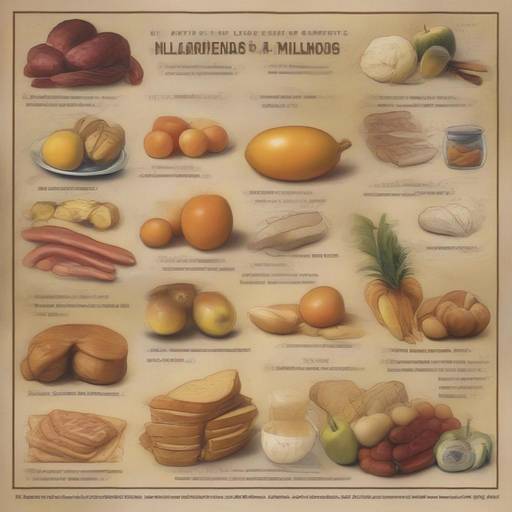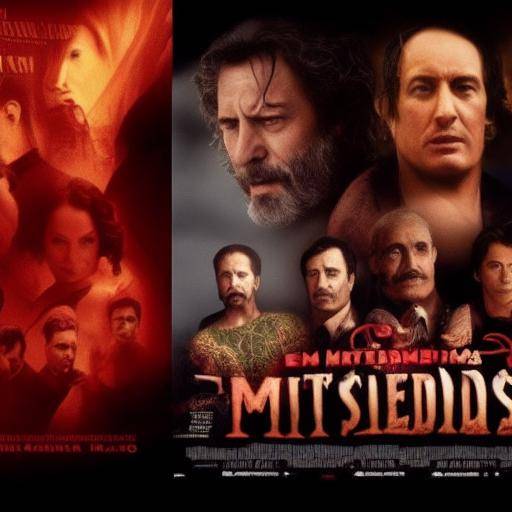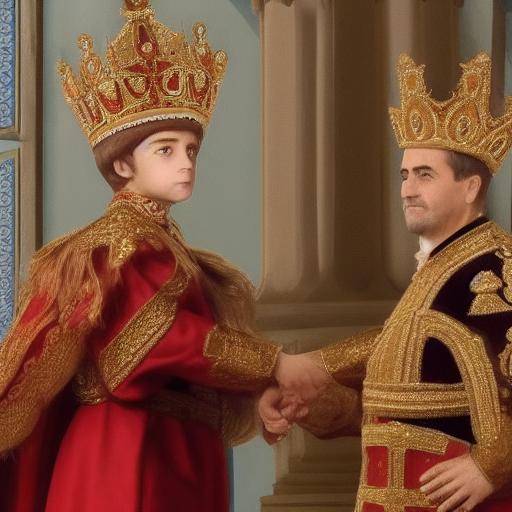
Introduction
In the midst of the sands and rivers that gave life to the ancient Mesopotamia, there were stories of kings, myths and prowes that have endured over millennia. These stories, dyed with splendour and mystery, transport us to a world where the greatness of Mesopotamian kings intertwines with mythological epopeyas and insurmountable exploits. In this article, we will explore in detail the fascinating narratives surrounding these monarchs, unraveling myths and deeds that have left an indelible mark on the history and culture of Mesopotamia.
History and Background
The ancient Mesopotamia, known as the "Earth between Rios" for its location between the Tigris and Euphrates rivers, housed great civilizations such as Sumeria, Acadia, Babylon and Assyria. These lands were governed by a succession of powerful kings who became legendary figures, highlighting for their military rule, monumental constructions and contributions to Mesopotamian mythology.
An iconic example is Gilgamesh, king of Uruk, whose divine adventures and bonds made him the main hero of Gilgamesh's epic poem, a literary masterpiece that narrates his quest for immortality and his superhuman prowess. These stories, transmitted from generation to generation, offer a fascinating look at the beliefs, values and aspirations of the former Mesopotamian society.
Detailed Analysis
The influence of Mesopotamian kings spread beyond their military conquests, impacting the religious and cultural sphere through the cohesion of mythology and monarchy. The figure of the king was seen as an intercessor between the gods and the mortals, giving his reign of a divine status. This connection between rulers and deities was reflected in the Mesopotamian myths, where the heroic deeds of kings and their relationship with the gods were narrated.
Moreover, the prowes of these monarchs, embodied in mythological accounts, symbolized not only their earthly power, but also their struggle against supernatural forces and their quest for divine wisdom. Elements such as the construction of colossal monuments, the protection of their subjects and the confrontation with mythical monsters enriched the legacy of Mesopotamian kings, transforming them into semi-divine figures in the collective imagination.
Comprehensive review
By thoroughly analyzing the prowes of these kings, one can see how their exploits transcended the mere epic narrative, influencing the conception of royalty, heroism and human destiny. These mythological accounts not only highlighted the individual grandeur of kings, but also conveyed moral teachings, ethical values and world views that shaped mesopotamian identity.
Also, when comparing different myths and prowes of Mesopotamian kings, recurrent patterns are revealed that highlight the persistence of heroic and mythical archetypes in different eras and cultures. This narrative richness, transcending temporal and geographical borders, highlights the universality of human aspirations, as well as the interconnection between myths and historical realities.
Conclusion
In short, the Mesopotamian myths that intertwine the stories of kings and their prowes invite us to explore the lasting legacy of ancient civilizations and to reflect on our own search for meaning and transcendence. These narratives, rooted in the depths of history, continue to captivate and enrich our understanding of the past, present and future. As we explore this fascinating cosmos of myths, kings and deeds, we enter into an untimely journey that awakens our imagination and connects us to the deep roots of humanity.
Frequently Asked Questions about the Kings and Their Proities in Mesopotamian Myths
1. What were some of the most outstanding Mesopotamian kings and their legendary prowes?
The most outstanding Mesopotamian kings include Gilgamesh of Uruk, also considered a mythical hero for his exploits described in Gilgamesh's epic poem. Other outstanding monarchs are Hammurabi of Babylon, known for his code of laws, and Sargon of Acadia, who expanded his empire with bold military campaigns.
2. How do Mesopotamian myths intertwine with the prowes of kings?
Mesopotamian myths often present kings as characters with extraordinary feats, confrontations with supernatural beings and challenges to obtain wisdom or immortality. These mythological accounts not only enhanced the greatness of kings, but also strengthened their semi-divine status and their influence on society and religion.
3. What impact did the prowes of Mesopotamian kings have on the culture and society of the time?
The prowes of Mesopotamian kings, rooted in mythological tradition, served to legitimize their power and authority, as well as to promote social cohesion and adherence to established values and norms. These mythological narratives also helped to forge a collective identity and to convey moral and ethical teachings through generations.
4. What is the contemporary relevance of Mesopotamian myths and the prowes of kings?
Despite the passing of millennia, Mesopotamian myths and the prowes of kings still have a significant influence on literature, art, religion and current popular culture. These timeless stories continue to inspire creative works, challenging world views and highlighting universal aspects of human experience.
5. What is the role of Mesopotamian myths in the formation of the identity and the worldview of ancient society?
Mesopotamian myths not only offered a scenario for the prowes of kings, but also provided a narrative framework to understand the origin of the world, human nature, and the role of gods and mortals in the cosmos. These mythical narratives shaped the collective understanding of existence and provided a transcendent foundation for social and religious organization.
6. What timeless lessons can we draw from Mesopotamian myths and the prowes of kings for the present?
Mesopotamian myths and kings' prowess give us the opportunity to reflect on the human condition, the search for meaning and the confrontation with supernatural or existential challenges. These stories invite us to explore universal themes such as power, ambition, mortality and overcoming, offering valuable insights for our own journey into life.
Concluding, the Mesopotamian myths that link the stories of kings and their prowes constitute a rich legacy of wisdom and adventure that transcends time and space, revealing the eternal fascination of humanity for greatness, mystery and transcendental. As we contemplate these atavian narratives, we immerse ourselves in a universe of magic and heroism that sheds light on the eternal yearnings of the human being and its inextinguishable desire for transcendence.

